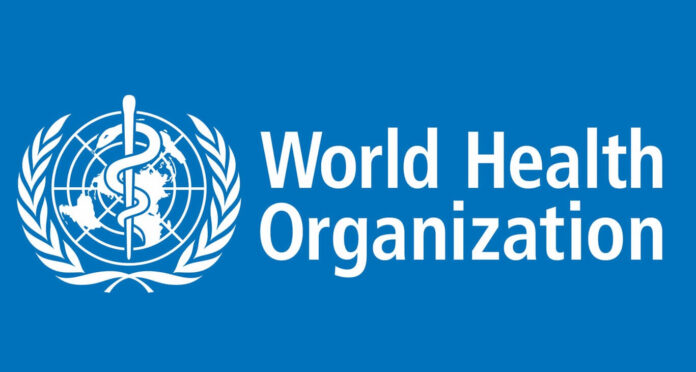The World Health Organization (WHO) has introduced a comprehensive set of principles to guide the ethical collection, access, usage, and sharing of human genomic data. Developed in collaboration with the WHO Technical Advisory Group on Genomics (TAG-G) and international experts, these principles aim to safeguard individual rights, promote fairness, and encourage responsible collaboration in genomic research.
As genomic technologies advance rapidly, they provide groundbreaking insights into health and disease, from cancer treatments to understanding rare genetic disorders. However, the expanding use of genomic data brings ethical challenges, including issues of privacy, equitable access, and the need for responsible data management.
“Genomics has the potential to revolutionize our understanding of health and disease, but this can only be achieved if the collection and use of human genomic data are handled responsibly,” said Dr. John Reeder, Director of WHO’s Research for Health Department. “These principles provide a globally applicable framework to ensure ethical, legal, and equitable practices, fostering public trust while protecting the rights of individuals and communities. It’s a call for all stakeholders to adhere to these guidelines to ensure genomic advancements benefit everyone equitably.”
The WHO’s principles highlight several critical areas:
Informed Consent and Privacy: Individuals must be fully informed and provide consent regarding how their genomic data will be used. WHO emphasizes transparency and robust safeguards to protect data from misuse.
Equity in Genomic Research: The principles stress addressing disparities in genomic research, particularly in low- and middle-income countries (LMICs). Ensuring the inclusion of underrepresented populations helps promote fair representation in research and its applications.
Global Collaboration: WHO advocates for partnerships across governments, academia, and private sectors to maximize the benefits of genomic research. Such collaborations must be supported by strong governance to ensure data sharing respects privacy and ethical standards.
Capacity Building: To bridge global gaps in genomic research, the principles call for investments in infrastructure, expertise, and resources, especially in regions with limited access to genomic technology.
The guidelines reflect WHO’s commitment to promoting ethical practices in genomics. As reported by pharmabiz.com, they provide a framework that encourages transparency, equity, and respect for individual rights, ensuring that the benefits of genomic research are accessible to all communities worldwide.
























